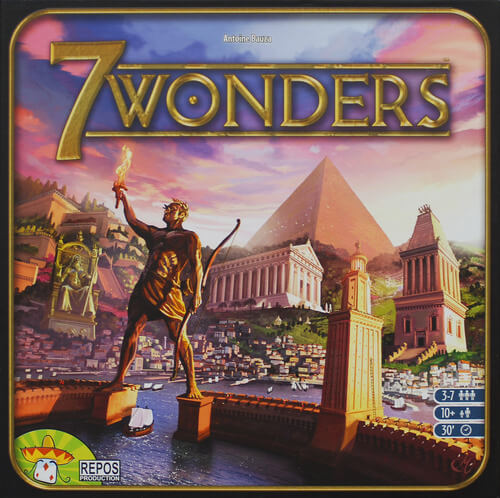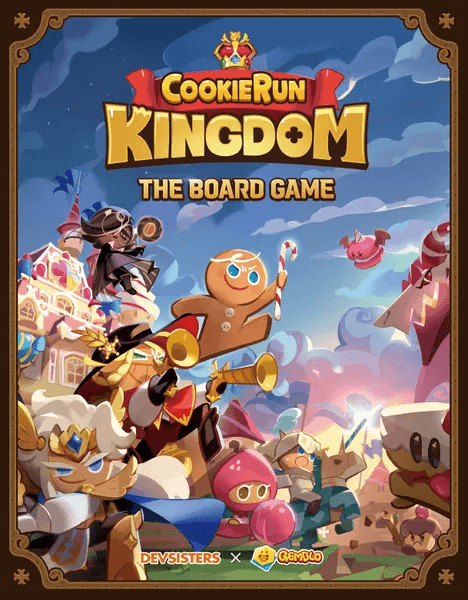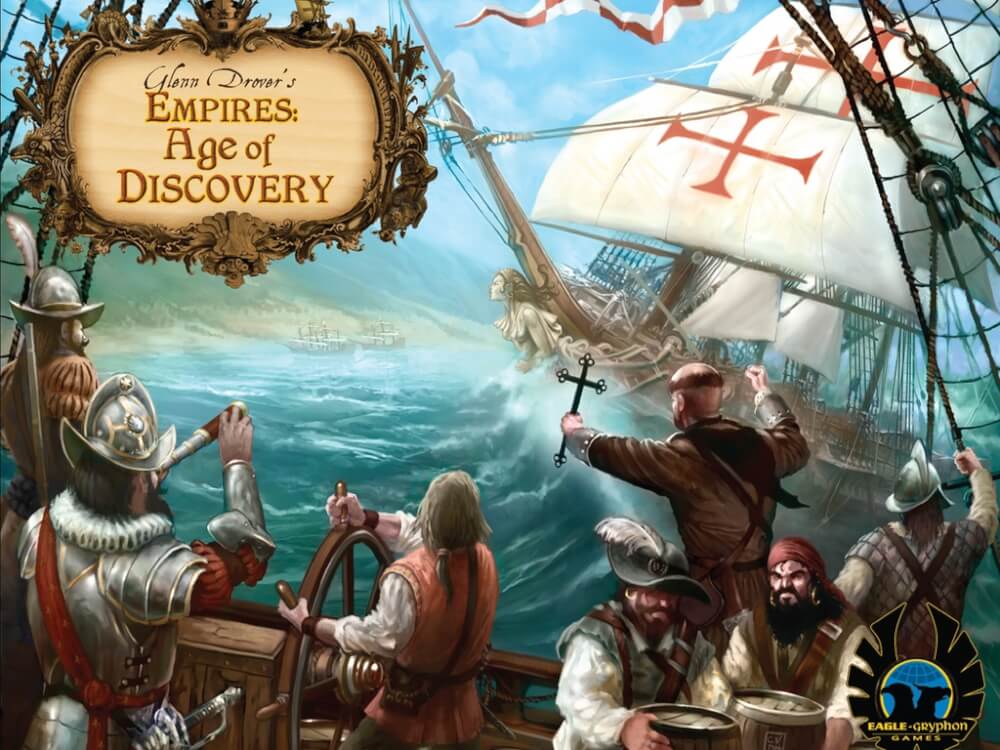
7 Wonders
**7 Wonders Game Description** 7 Wonders is a strategic card game that takes place over three eras. Each player receives an individual board representing a "wonder" with special abilities, which develop over the course of the game. At the start of each era, all players receive seven cards. They choose one card to use and pass the rest to the player next to them, creating a dynamic of interaction between neighbors. Players reveal their cards simultaneously, and can discard them to gain gold, use them to build or improve their "wonder", or use cards that require the payment of resources, thus generating strategic interactions with adjacent players. This interaction is limited, as only direct neighbors can be influenced by card choices, making each decision even more critical. After six rounds of choosing, a military combat phase takes place between neighbors, adding a layer of competition to the game. With cards that provide immediate effects, future bonuses, discounts on purchases and military power, 7 Wonders requires players to be attentive to their neighbors' decisions, as these can significantly impact their strategies. The game combines development and planning, rewarding long-term vision and adapting to your opponents' actions. Although the game is suitable for 3 to 7 players, there is an official two-player variant in the instructions, allowing more people to enjoy this experience rich in strategy and interaction.Artists: Miguel Coimbra; Dimitri Chappuis
Designers: Antoine Bauza;
Date: 2010
Note: 8.5
Mechanics: Collecting Sets, Hand Management, Players with Different Skills, Simultaneous Action Selection
Topics: History
Table of Contents
- How to Play
- Tips for playing
- Game mechanics
- Game components
- Additional Information
OBJECTIVE OF THE GAME

Tips for playing
Here are some tips for doing better in the game 7 Wonders:
- Focus on developing a balanced strategy, looking for science, military and civilian letters.
- Observe your opponents' strategies and prevent them from obtaining complete sets of valuable cards.
- Maximize the use of cards that benefit from your neighbors' resource cards to optimize your board.
- Complete the stages of your Wonder quickly to unlock powerful and unique bonuses.
- Look out for business cards that allow you to access resources you don't have for greater flexibility.
- Avoid accumulating too many cards of a single type, unless it guarantees significant points.
- Calculate the cost-benefit well before investing in military cards, considering their consequences on the final score.
- Use guild cards in the third era to potentially multiply your points at the end of the game.
- If possible, prioritize science cards that offer more variety to earn more victory points.
Video about the game
GAME mechanics
- Simultaneous Action Selection: In 7 Wonders, players simultaneously choose a card from their hand to play, build the Wonder or discard for coins. This mechanic keeps the game dynamic as everyone is involved at the same time, reducing waiting times. The chosen card is revealed simultaneously, ensuring that decisions are not influenced by the actions of other players in the same round.
- Collecting Sets: The game encourages players to collect cards of different types throughout the three eras, such as science cards (green), military cards (red), trade cards (yellow) and others. Each set offers specific advantages, such as victory points or resources, and at the end of the game, certain sets, such as the scientific one, award additional points based on the combinations collected. These mechanics require different strategies to maximize the final score.
- Players with Different Skills: Each player controls a civilization with a unique Wonder, which offers special abilities and bonuses when its phases are built. These abilities can include extra resources, military powers, or commercial benefits, encouraging diversified strategies. With these distinct abilities, players must adapt their card choices and tactics to get the most out of their specific Wonder.
- Hand Management: Players must carefully decide which cards to play from their limited hand each round. As cards are passed on after they have been played, it is crucial to plan in advance what to preserve and what can be made available to opponents. Efficient hand management helps balance economic, military and scientific development, as well as minimizing opponent benefits when hands are exchanged.
Game components
See all the items in the game below 7 Wonders:
- 7 construction panels
- 1 instruction manual
- 70 pieces of gold
- 7 building cards
- 49 letters from the First Era
- 49 letters from the Second Era
- 50 letters from the Third Age
- 46 confrontation tokens
- 2 cards for two-player mode
- 1 scoring pad
Additional Information
- Ludopedia link: https://ludopedia.com.br/jogo/7-wonders
- Link Tabletopia:
- Amazon Brazil link: Comprar 7 Wonders
- Amazon USA link: Comprar 7 Wonders


